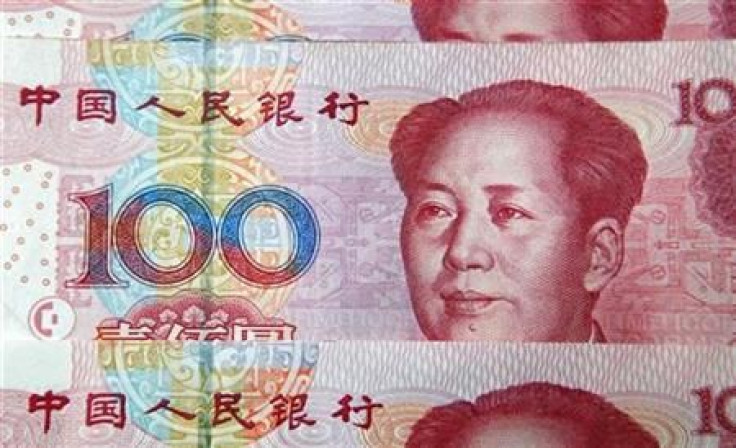China November FDI Falls To $8.29 Billion Amid Global Economic Concerns

Foreign direct investment (FDI) inflows into China fell in November in comparison to the same period last year, as investors, who are concerned about the global economic condition cut down on spending.
According to the data released Tuesday, by the Commerce Ministry, the country attracted $8.29 billion in FDI in November, which is 5.4 percent lower than the same period a year ago, while it dropped 0.24 percent in October.
In the first eleven months of the year, China attracted $100 billion in FDI, 3.6 percent down from that in the previous year while it was $91.74 billion for the first ten months, which is 3.45 percent less from that in the previous year.
In 2011, the country saw a record inbound investment of $116 billion. This is not expected to be surpassed in 2012 with the recent pullback in FDI inflows.
In the first eleven months, FDI from the United States climbed 6.3 percent, while the European investment in China was down 2.9 percent from the last year, as a result of the growing concern that the euro zone debt crisis may worsen. The FDI from Japan expanded 11.3 percent year-on-year. The International Monetary Fund has warned that escalation of the euro zone debt problems could cut China's 2012 gross domestic product growth by half.
This news comes after it was reported earlier this month that China’s trade surplus dropped in November in comparison to that in the previous month in an indication that soft global demand continues to weigh down on the growth of the world’s second largest economy. According to the data released earlier this month by the National Bureau of Statistics of China, the country’s trade surplus shrank to $19.6 billion in November, against $32 billion in October and below analysts' expectation of $25.7 billion.
China’s exports rose 2.9 percent in November down from 11.6 percent increase in October and below the analysts expectation of 9 percent increase.
There have been fears of a hard landing after the data by the National Bureau of Statistics of China showed that the country’s gross domestic product growth slowed down to 7.4 percent in the third quarter, down from 7.6 percent in the second quarter, due to the soft global demand and reduced real estate investment in the world's second largest economy.
The government has lowered its economic growth target in 2012 to 7.5 percent. In 2011 and 2010, the economy grew at the rate of 9.2 percent and 10.4 percent respectively. Market participants hope that policymakers will soon announce monetary easing measures so that the economy will continue to see industrial activities picking up.
© Copyright IBTimes 2024. All rights reserved.











